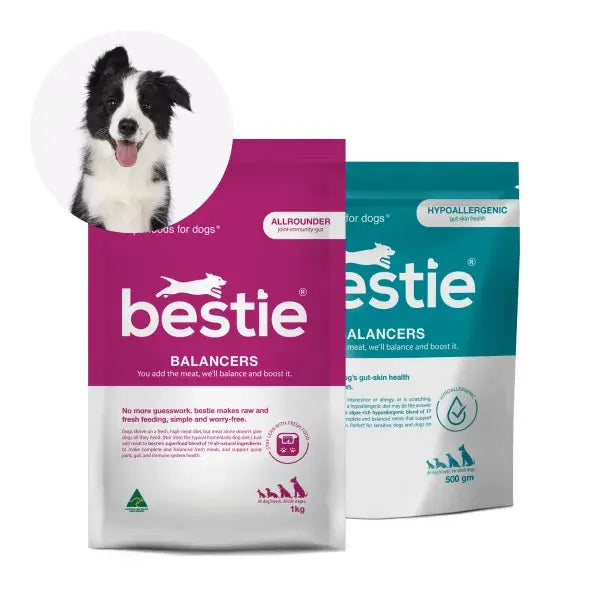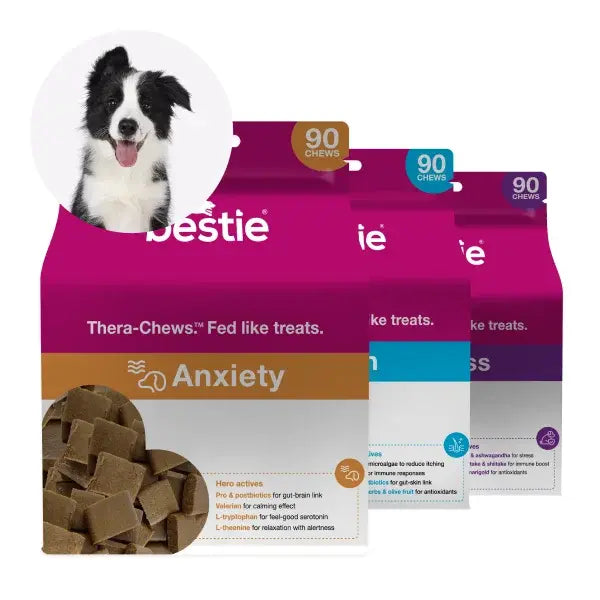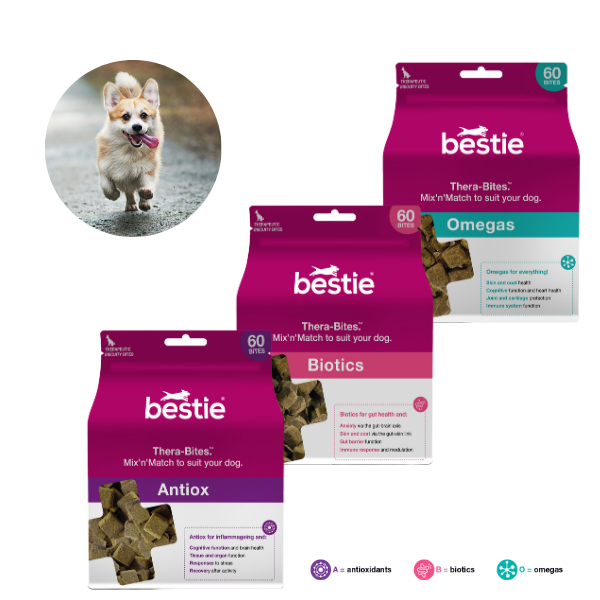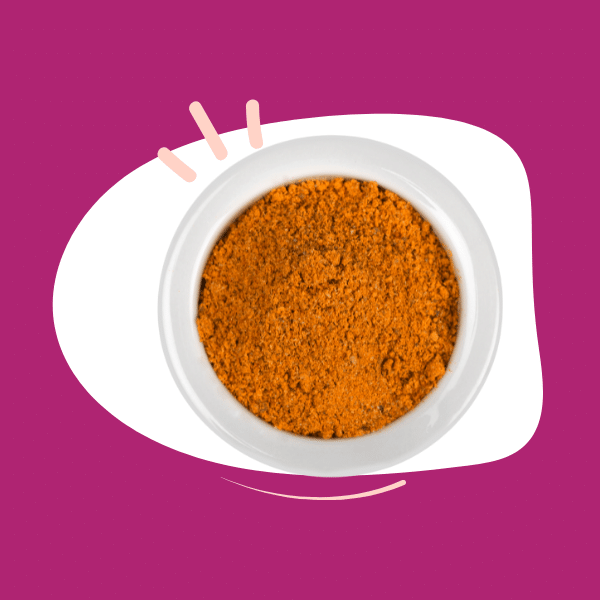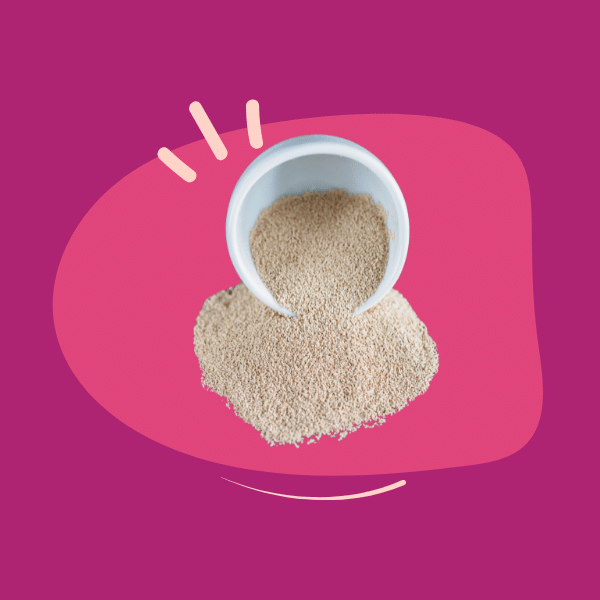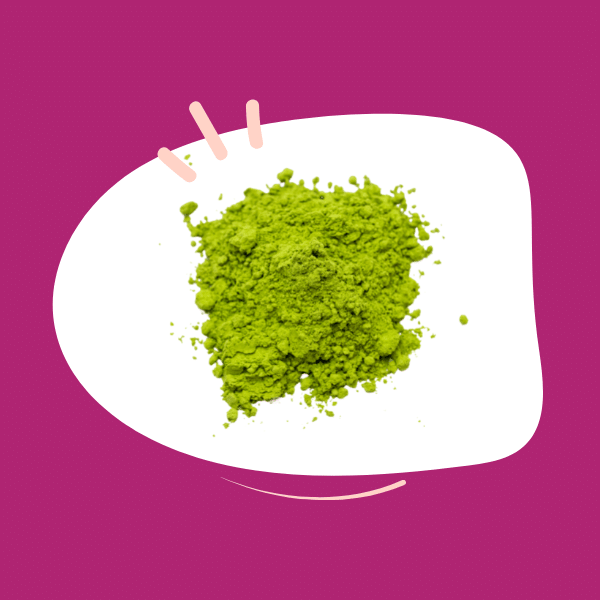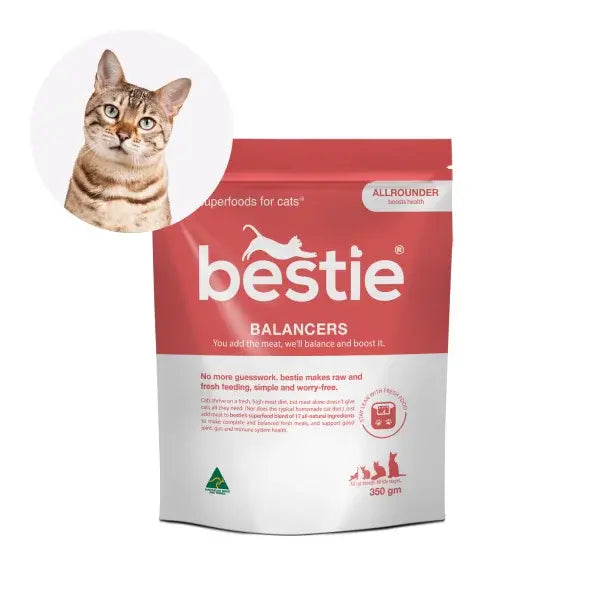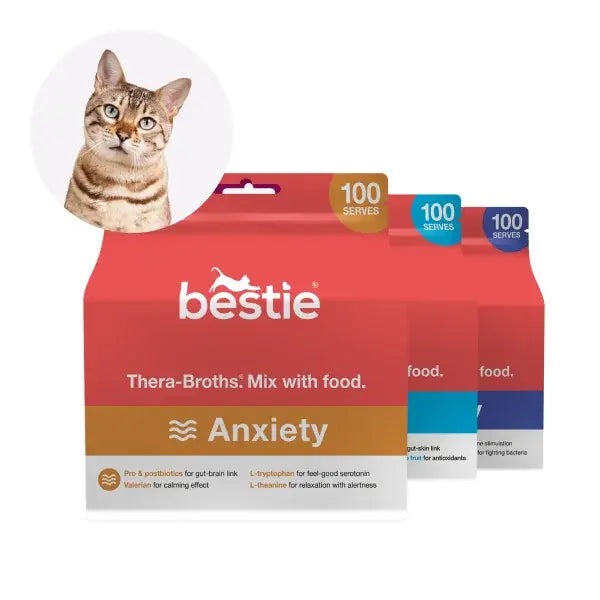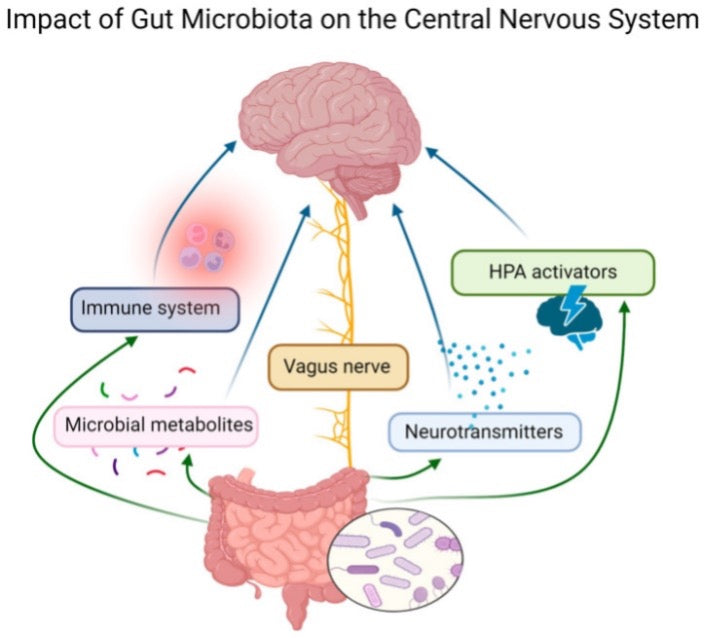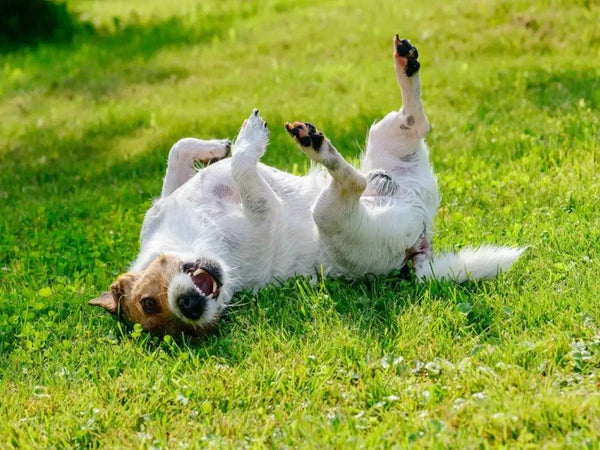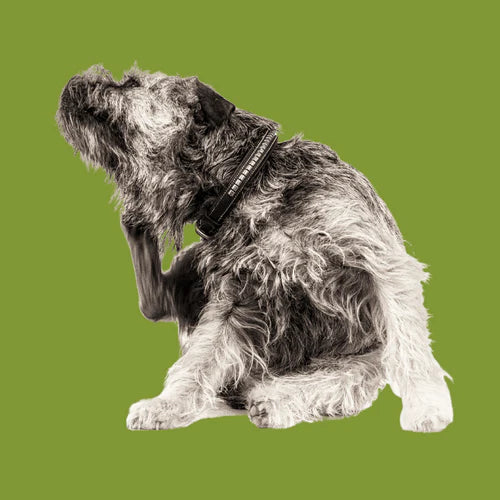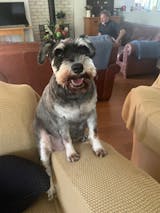Is your dog anxious? Do they cower in the face of another dog? Or if a thunderstorm happens does your dog – or cat - quake and shiver?
On our interview series Pet Parent with a Brain, we talked with Eve McKenzie from Dogaholics recently, about anxiety: how to identify it and some ideas on how to deal with it. This is an edited version of the transcript. You can watch the whole thing here.
Eve says there’s specific anxiety, so anxiety around a specific thing or person, but there’s also generalized anxiety as well, which means that the dog is generally anxious about the world. And generally, people aren’t good at recognizing either one, and they confuse anxiety with being naughty.
Your dog's not naughty!
“There are the ‘big behaviours’, that I get calls many calls about,” Eve says. “You know, I went out for an hour and my dog just ate the door frame off; the dog’s really naughty.”
“Well actually the dog’s not really a ‘Naughty Dog’; they just had a panic attack because you left and the dog doesn't actually know how to feel OK being left by himself or herself so well!”
If someone has that sort of scenario, how do you help the dog become more resilient in that kind of ‘left alone’ context?
Separation anxiety: building a dog's resilience
Eve says she has a few approaches to this. “If the behaviour is really bad, you know, ripping doors off, going through glass, windows, all that sort of stuff, the first thing that I would recommend to someone is to see a behavioural vet because they specialise in behaviour medicine.”
When we’re talking about separation anxiety it's a panic disorder. The dog goes into a panic attack, and so the behavioural vet will assess, diagnose, and then, possibly administer anti-anxiety medication. Then, Eve comes in.
The dog needs to learn how to be OK being left on its own and it's a very gradual process; there's no magic wand. It involves some times and resources and some dedication, on the part of the owner. It's not an overnight fix.
Eve says it depends on what behaviours are and how anxious the dog is getting and how you know how the dog is displaying that. She asks people to actually record the dog.
They go out and leave a camera there, so we're recording the dog and we're looking at what behaviours that dog is doing. If the dog for the first couple of minutes is just, you know, pacing around, looking at the window, then goes and settles down for the next two hours while the owner’s away, then then something that can be addressed fairly quickly.
Developing positive associations for the dog
“We can change the association,” she says. “We can change how the dog feels about being left alone, and we can probably do that fairly quickly, but if it's a dog that's going through glass windows when left alone, then that's not a quick fix at all.”
Typically, genetics plays a very big part in it, but the environment also plays a quite a big part in it as well.
“So for example, if we've got a dog who is raised, socialized, habituated and has everything that a puppy in a dog should have, and then we get to a point at say 12 months, and that dog starts to show generalized anxiety, then most likely, if we looked back, there's probably a genetic genetic component there.”
The signals of an anxious cat
Eve says she also often sees anxious cats. “I think our society is probably not as good as it should be in recognizing anxious cats, so there's a lot of behaviour [we miss]. Well, they have a language as well, and their language is probably even more subtle than dogs’ language.”
When it comes to cat anxiety signals, sometimes cats will vocalize. They do things like excessive grooming, or toilet outside their litter tray. That's a sign of anxiety.
“And people just say, look, the cats are being naughty cats but actually they’re not, they’re probably most likely anxious about something.”
So there is a number of things that we can look for and it just depends on kind of what that trigger is. If the cat is living with another cat and the cat is very anxious about that, they'll be sort of certain behaviours; the cat might sit in the hallway, not let the other cat go past. Or the cat will guard the litter tray, and not let the other cats go near it.
And even though we may thinking that training belongs more to dogs than cats, Eve says that the same approach is taken to train cats too.
“The behaviour change protocols are the same,” she says. “It depends on what the behaviour issue is, but for example, if someone's got two cats that are fighting I f you're not home, then we put some very basic management principles in place. Don’t leave them together, separate them so they can't get to each other.
The behaviour principles used are the same for cats “as we do with dogs, as we do with elephants, as we do with, you know rats, as we do want it with any animal right!”
Watch/listen to the full interview here.



